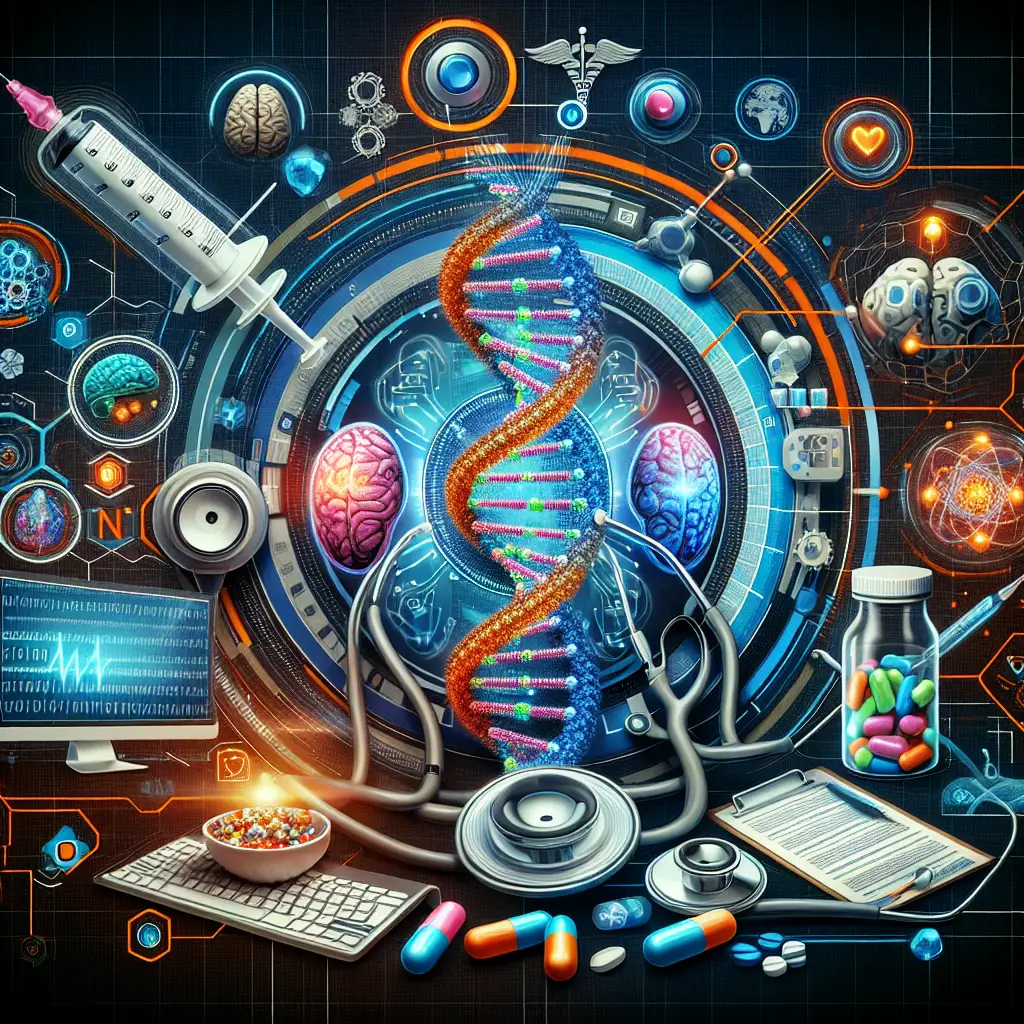The advent of Artificial Intelligence (AI) is impressively reshaping a wide array of industries, with the health sector being notably revolutionized. This sophisticated technology is transforming almost every facet of patient care and administrative operations in health facilities, from predicting diseases to enhancing diagnostic procedures, to managing patients’ data, and to drug discovery.
Significantly, AI is enabling precise prediction and prevention of diseases. Disease prediction has been an uphill battle in the health sector, primarily due to the complexity of analyzing massive patient information and drawing reliable conclusions. Traditionally, health care providers have been relying on historical data to foretell disease patterns. However, this method is not only time-consuming but also relatively inaccurate as it does not consider real-time updates and minor variants that may have significant impacts. AI addresses these gaps by providing predictive algorithms capable of recognizing patterns from large data sets. With AI, health practitioners can extraordinarily predict epidemic outbreaks and devise prevention measures in good time. AI also supports personalized medicine by predicting individual susceptibility to certain diseases based on genetic, clinical, and lifestyle information.
AI has also revolutionized diagnostic procedures by enhancing accuracy and expediency. In traditional setups, diagnoses rely on medical practitioners’ intuitive judgments, which are prone to human error. However, with AI, algorithms can analyze medical images and identify abnormalities more exactly than the human eye. For instance, AI applications in radiology, such as Aidoc, Zebra Medical Vision, and Arterys, provide diagnostic assistance to radiologists by accurately interpreting computed tomography (CT) scans, thus augmenting diagnostic precision. Furthermore, AI reduces diagnostic time significantly. AI-driven systems analyze patient symptoms and personal information much faster than their human counterparts, allowing timely therapeutic interventions.
In the intricate space of drug discovery, AI is making notable strides in shortening the time and reducing the cost of drug invention. Traditional drug discovery processes are extraordinarily lengthy, routinely extending over ten years, and very expensive, frequently costing billions of dollars. This enormous cost and time are primarily due to the multistage process, including target identification, preclinical tests, clinical trial stages, and FDA approval. However, with AI, these processes are less complex as computer algorithms can synthesize and analyze vast amounts of pharmaceutical and biological data rapidly. AI can also predict drug responses, thus reducing the cost and duration of clinical trials and quickly getting the needed drugs to patients. A case in point is the AI-based drug discovered by British start-up Exscientia and Japanese pharmaceutical Dainippon Sumitomo Pharma, which reached clinical trials in just 12 months.
AI has profoundly revamped data management in the health sector. Health organizations have to manage massive patient data, including personal information, treatment histories, and insurance information. Manual management of such data is not only tedious but also prone to error, which can severely impact patient care. However, with AI algorithms, data can be sorted, analyzed, and presented expediently and accurately. AI is also instrumental in protecting health data. Cyberattacks have increasingly become a threat in the health sector, with attackers desiring valuable patient data. Through AI algorithms, cybersecurity measures can detect and respond to threats more intelligently, hence enhancing the safety of patient data.
Overall, AI is positively revolutionizing the health sector, overcoming numerous challenges and impressively enhancing patient care. Through AI, disease prediction and prevention are becoming more precise; diagnostic procedures are enhanced, drug discovery processes are faster and cost-effective, and data management is more reliable and safer. As AI continues to advance, so will its contributions towards a more efficient and effective health sector.
Share this content:

